Dear Colleagues, you have a patient of Buddhist faith.
Here is a list of useful information to know in the context of his medical care.
General Information
● It is estimated that there are more than 620 million Buddhists in the world. In 2015, Buddhists made up about 7% of the world’s population.
● Buddhism is popular on the Asian continent, developed especially in East and Southeast Asian countries. About half of the Buddhists are believed to live in China.
● Many Buddhists believe that it is the duty of the sick person to endure pain without complaining.
● Painkillers are accepted in some cases. Treatments for psychological distress are not.
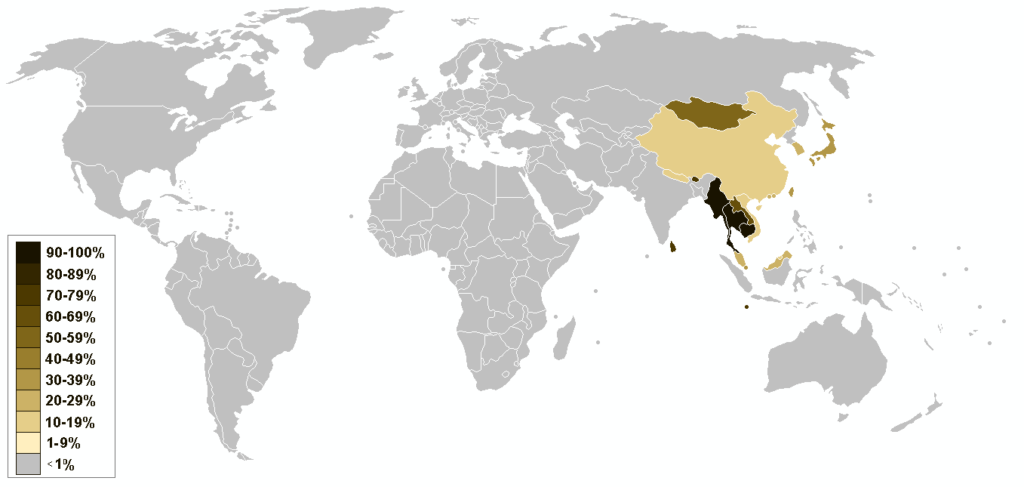
Communication
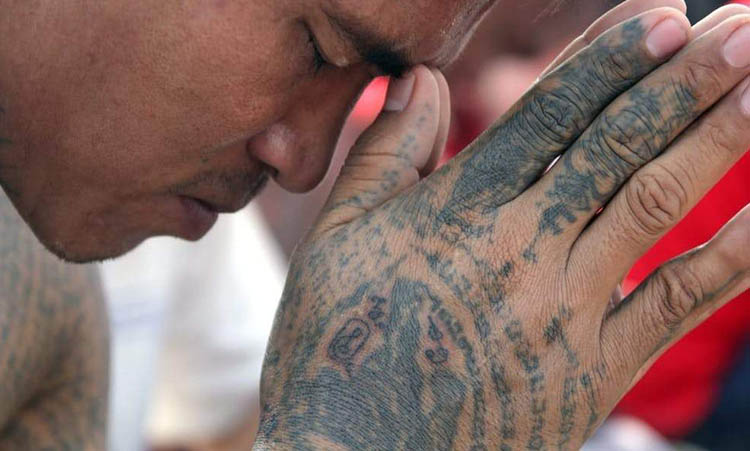
● Gestures such as joining palms, bowing, or prostration, are all used to greet and/or show respect.
● The principle of reciprocity is the foundation of Buddhist morality. Relationships are extremely important and care must be taken to maintain a balance within them.
Beliefs, Practices & Rituals
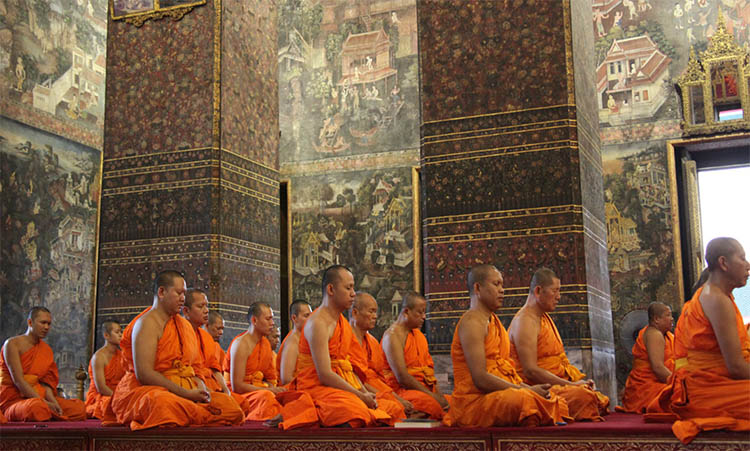
● For many Buddhists, the support of community and family is of utmost importance.
● Another common Buddhist practice is making offerings.
● Reciting mantras helps to access inner calm.
● The main Buddhist holy day is Buddha’s birthday (Vesak) on the full moon in May.
● Buddhists do not use intoxicants.
Dietary Habits
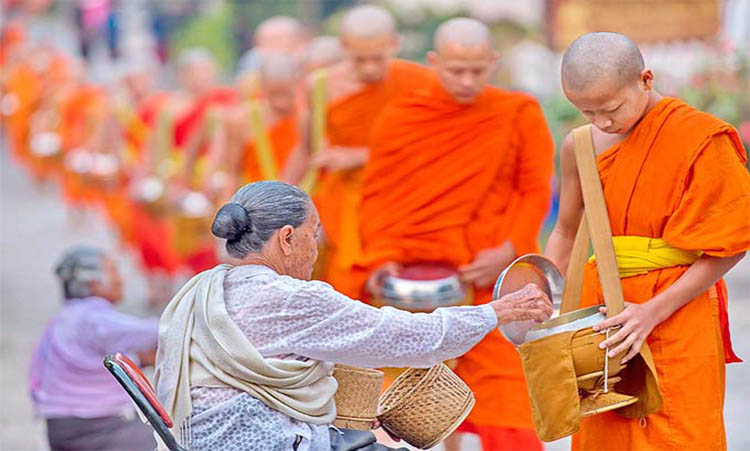
● The principle of not killing should result in a vegetarian diet.
● As a rule, a committed Buddhist refrains from drinking alcohol.
Pregnancy and motherhood
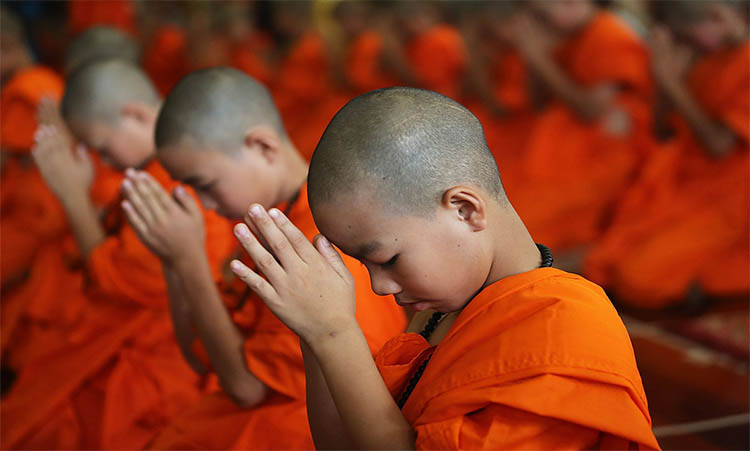
● For Buddhists the child born from conception.
● Tibetans therefore consider that at birth the child is already 1 year old.
● One of the rites of birth consists in cutting the hair of the newborn.
● At birth, Buddhists recommend not cutting off contact with the mother too quickly and ensuring an environment with dim lights.
● Buddhists advocate not cutting the cord right away.
● The issue of abortion is currently a hotly debated topic in the community.
End-of-life care
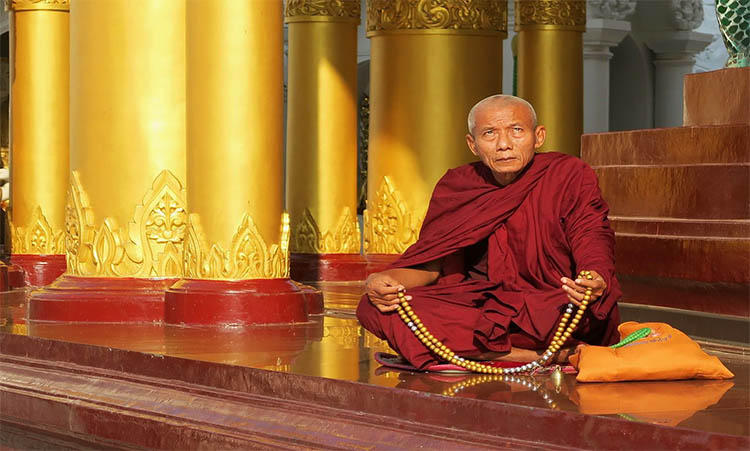
● Buddhists believe in reincarnation. Therefore, the state of mind at the time of death is crucial, as this determines the situation in which a person will be reborn. Managing anxiety through breathing exercises and/or relaxation may therefore be appropriate.
● Some Buddhists might recite mantras or want to be in contact with Stupas (holy relics) to help purify their Karma.
● At the time of death, it is customary to place the deceased on his or her right side and block the right nostril with cotton or something similar. After this, the body is left untouched and a religious figure comes to conduct the last rites.
● Among Buddhists, some people do not wish to donate organs for fear of being reincarnated in their next life with a disability.
● Artificial life support is considered unnecessary if the person’s mind is no longer alert.
● On the other hand, Buddhist beliefs oppose anything that causes death by shortening pain.
Examples of Cases Encountered
This section allows us to share real-life experiences. Feel free to share yours with the community.
A 40 year old man of Buddhist faith suffers from chronic renal failure. His treatment is based on a high protein intake.
The nurse recommends that he eat foods rich in animal proteins. However, the patient wants to become a virtuous Hindu and has become a vegetarian. To respect the patient’s choice, the nurse can call in a dietician to find other foods that can be high in protein or call in a priest who could convince the client to take his treatment for healing. The choice will always be up to the patient.
● Cleveland clinic – Diversity Toolkit
● Wikipedia
